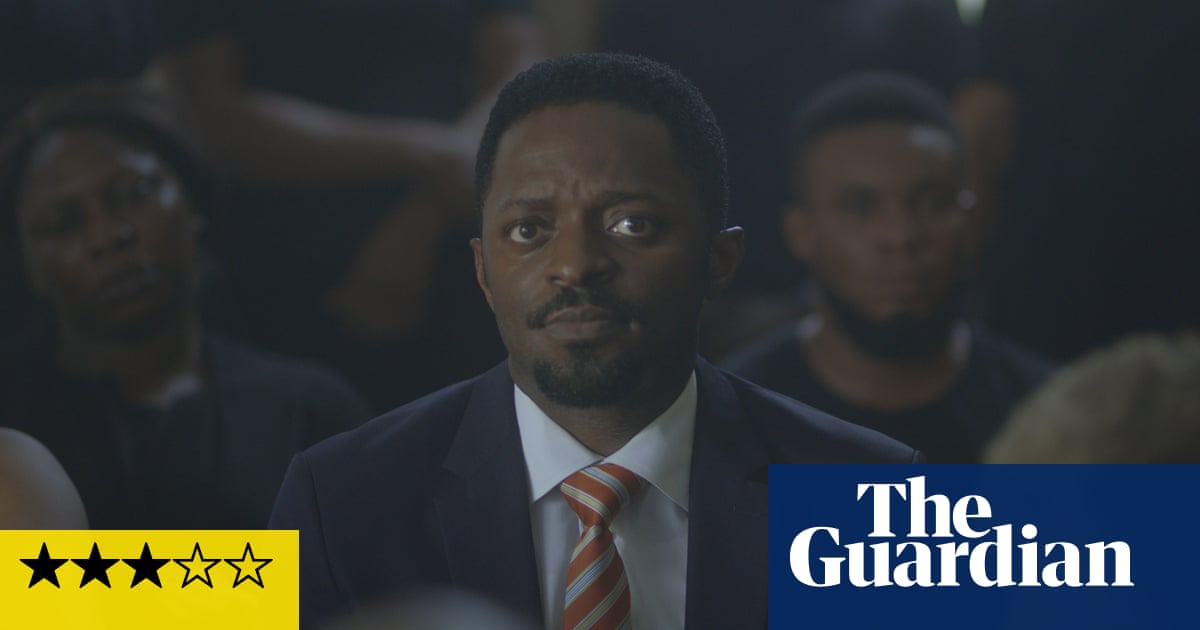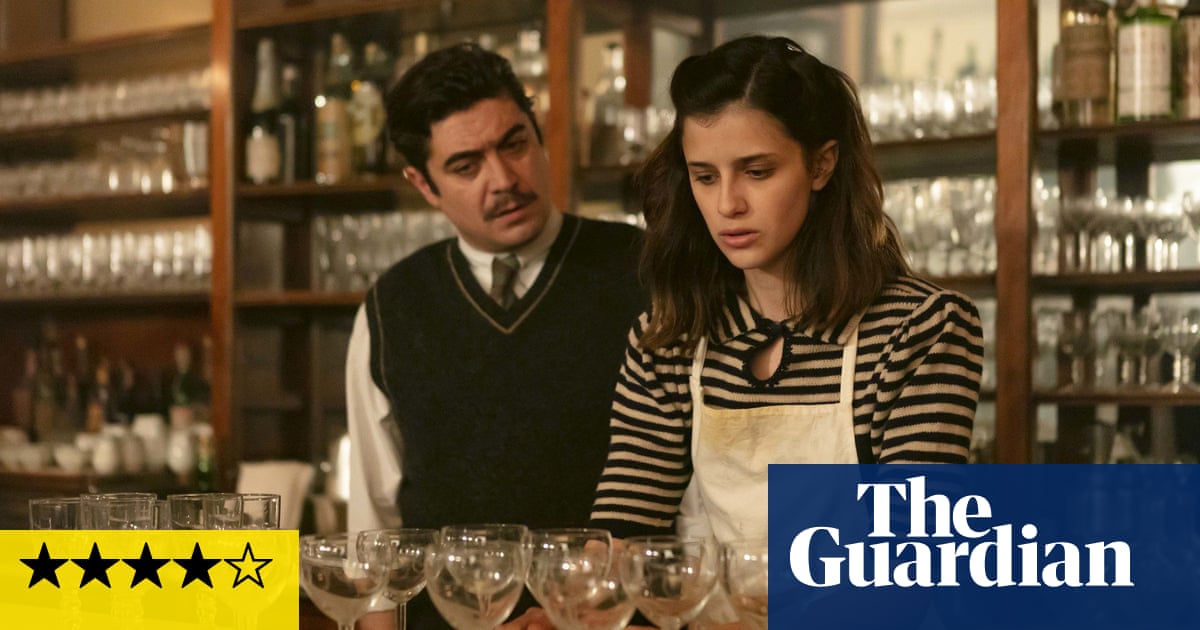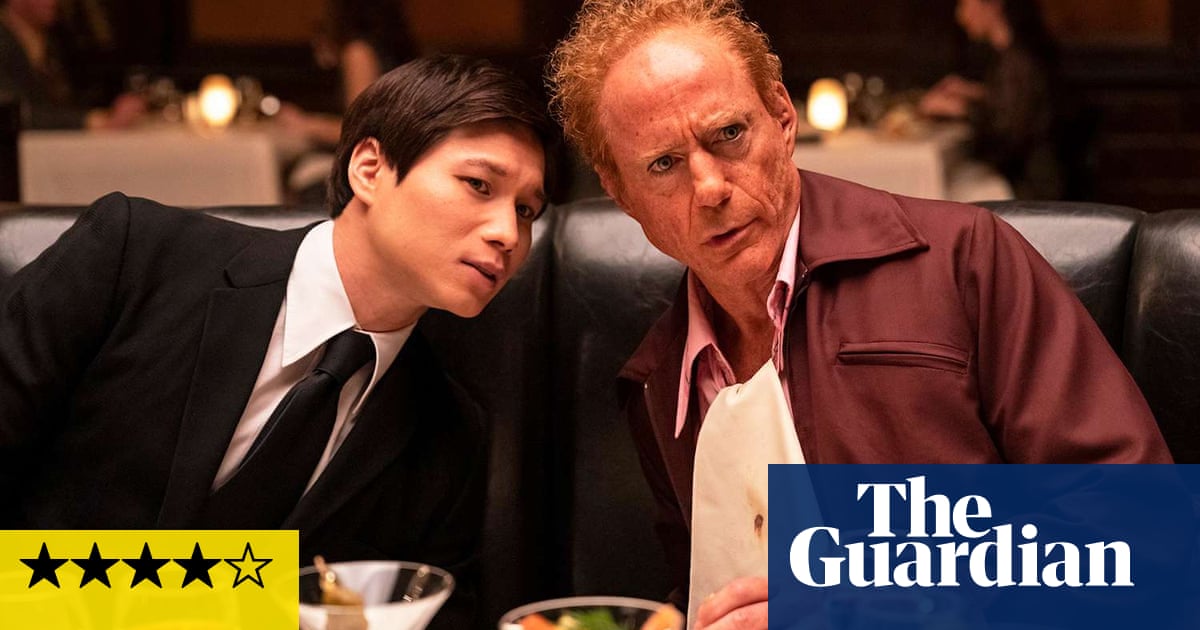
If you’ve ever been to Lagos, you know that traffic jams are to its citizens what water is to fish. So this Nigerian drama picks a hot-button topic in the form of a light-railway project being mounted by private investor Folarin (Ozzy Agu). In some ways, Over the Bridge is couched in the normal aspirational Nollywood framework that lionises middle class mores, but it also has an unusually scrutinising eye, targeting corrupt business as well as putting mental health under the spotlight.
“Light-railway golden boy” Folarin is in danger of becoming a pariah. His much-awaited dream project is stalling, dogged with financial issues. Before it goes out to tender to international investors, he is under pressure from his boss Michael (Paul Adams) to plug a $16m gap in accounts due to dealings with some dodgy contractors. Prone to zoning out during press conferences, taking sneaky hip-flask tipples at work and missing fertility appointments with his wife Jumoke (Segilola Ogidan), Folarin is cracking under the pressure.
Director Tolu Ajayi, in his feature debut, is reasonably detailed about these corporate machinations, leaning on the societal pressure for illegal kickbacks that undermines the country’s progress and people’s personal integrity. But this granularity coexists awkwardly with a familiar strain of Nollywood melodrama, with Folarin’s assistant Kevin (Chimezie Imo) becoming collateral damage in the restructuring, then Folarin himself going awol and reappearing with amnesia in a coastal village, like a runaway in a 19th-century potboiler.
Luckily, Agu grounds Folarin with a shrewdly withdrawn performance, his face sweating out anxiety. And despite the film’s histrionic brushstrokes, Ajayi is intricate and intelligent with his editing choices, often intercutting scenes to accentuate Folarin’s disintegration, and letterboxing the aspect ratio to give a sense of unreality to the seaside portion. Rejuvenation in a rural setting is a universal theme, while the supernatural undertow of life outside the big city is a Nollywood one. But here Ajayi uses the cliche to suggest the moral imperative that should guide urbanites offering progress to the hinterland. His conscientious take is a breath of fresh air.












